"How Your Bee-Friendly Garden May Actually Be Killing Bees"
subk3
9 years ago
Related Stories

GARDENING FOR BUTTERFLIESGardening for the Bees, and Why It’s a Good Thing
When you discover how hard bees work for our food supply, you may never garden without them in mind again
Full Story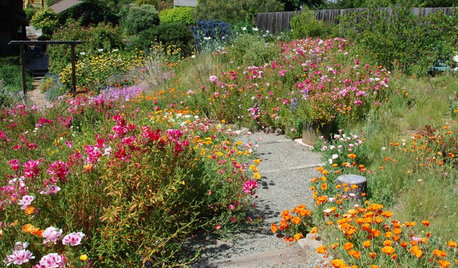
EARTH DAYHow to Design a Garden for Native Bees
Create a garden that not only looks beautiful but also nurtures native bees — and helps other wildlife in the process
Full Story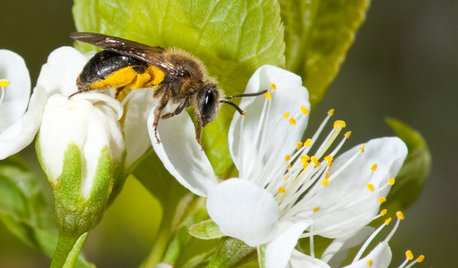
GARDENING GUIDESInvite Mining Bees to Your Garden by Planting Their Favorite Plants
Look for mining bees (Andrena) pollinating woodland wildflowers in U.S. gardens this spring
Full Story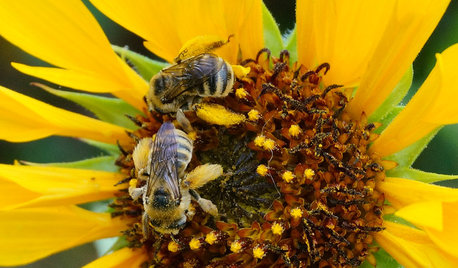
EARTH DAY12 Entertaining ‘Bee-haviors’ of Native Bees
The parade of pollinator antics is another reason to create a garden that nurtures native bees
Full Story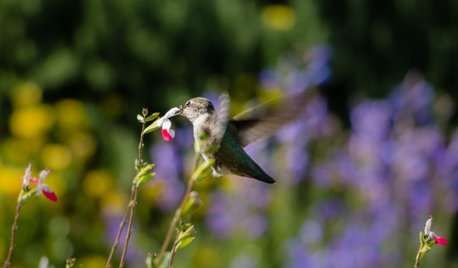
GARDENING GUIDESAttract Hummingbirds and Bees With These Beautiful Summer Flowers
Roll out a welcome mat for pollinators to keep your landscape in balance and thriving
Full Story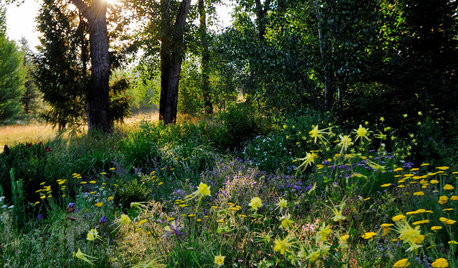
NATIVE PLANTSWhy Aggressive Plants Might Actually Be Your Friends
Sometimes a garden thug is exactly what’s called for
Full Story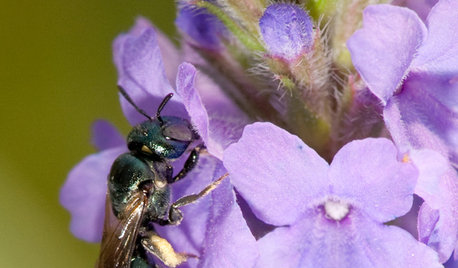
GARDENING GUIDESSmall Carpenter Bees Are Looking for a Home in Your Plant Stems
Provide flowers and nesting sites in your garden for this beautiful, tiny, metallic blue wild bee — your plants will thank you
Full Story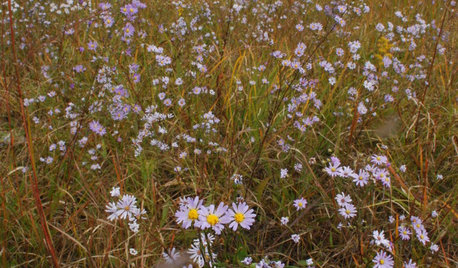
GARDENING GUIDES15 Native Flowers That Feed Native Bees
These perennials offer superfood to hundreds of bees and are gorgeous in their own right
Full Story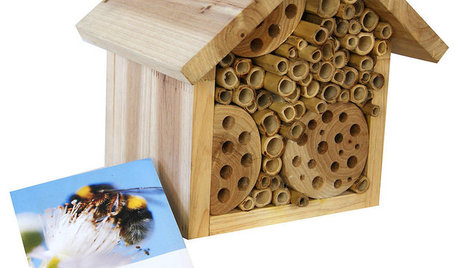
PRODUCT PICKSGuest Picks: 20 Ways to Play Garden Host to Birds and Bees
Perch some of these houses and feeders around your garden, and watch pollinators and feathered friends flock in
Full Story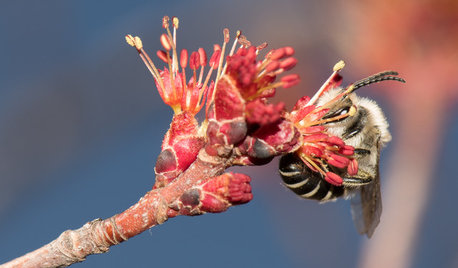
GARDENING GUIDESInvite Cellophane Bees to Your Garden by Providing Patches of Bare Soil
Look for cellophane bees (Colletes) pollinating flowering trees and shrubs in U.S. gardens this spring
Full Story





drmbear Cherry
mittenstate
Related Professionals
Maple Valley Landscape Architects & Landscape Designers · New Bedford Landscape Architects & Landscape Designers · Ilchester Landscape Architects & Landscape Designers · Mountain Brook Landscape Architects & Landscape Designers · Elmhurst Landscape Contractors · Flagstaff Landscape Contractors · Hickory Hills Landscape Contractors · Mason Landscape Contractors · Paramount Landscape Contractors · San Carlos Park Landscape Contractors · Santa Ana Landscape Contractors · Seven Hills Landscape Contractors · Vancouver Landscape Contractors · Wareham Landscape Contractors · Silver Firs Landscape Contractorsravenh2001
ravenh2001
jane__ny